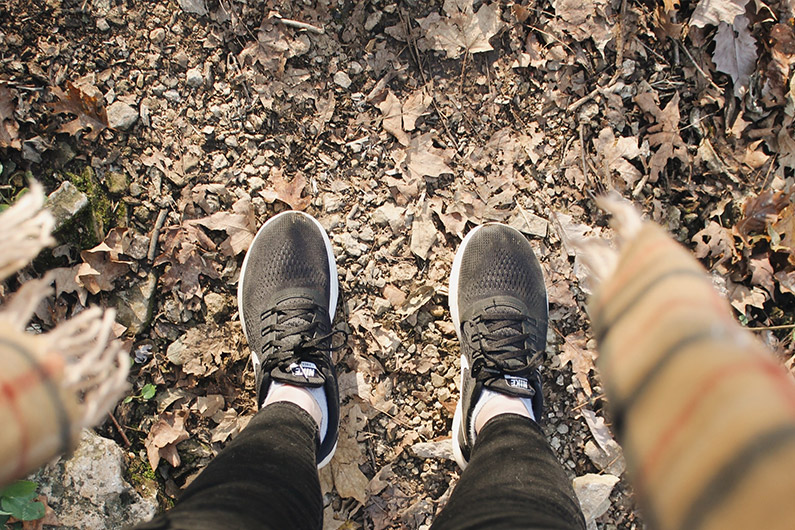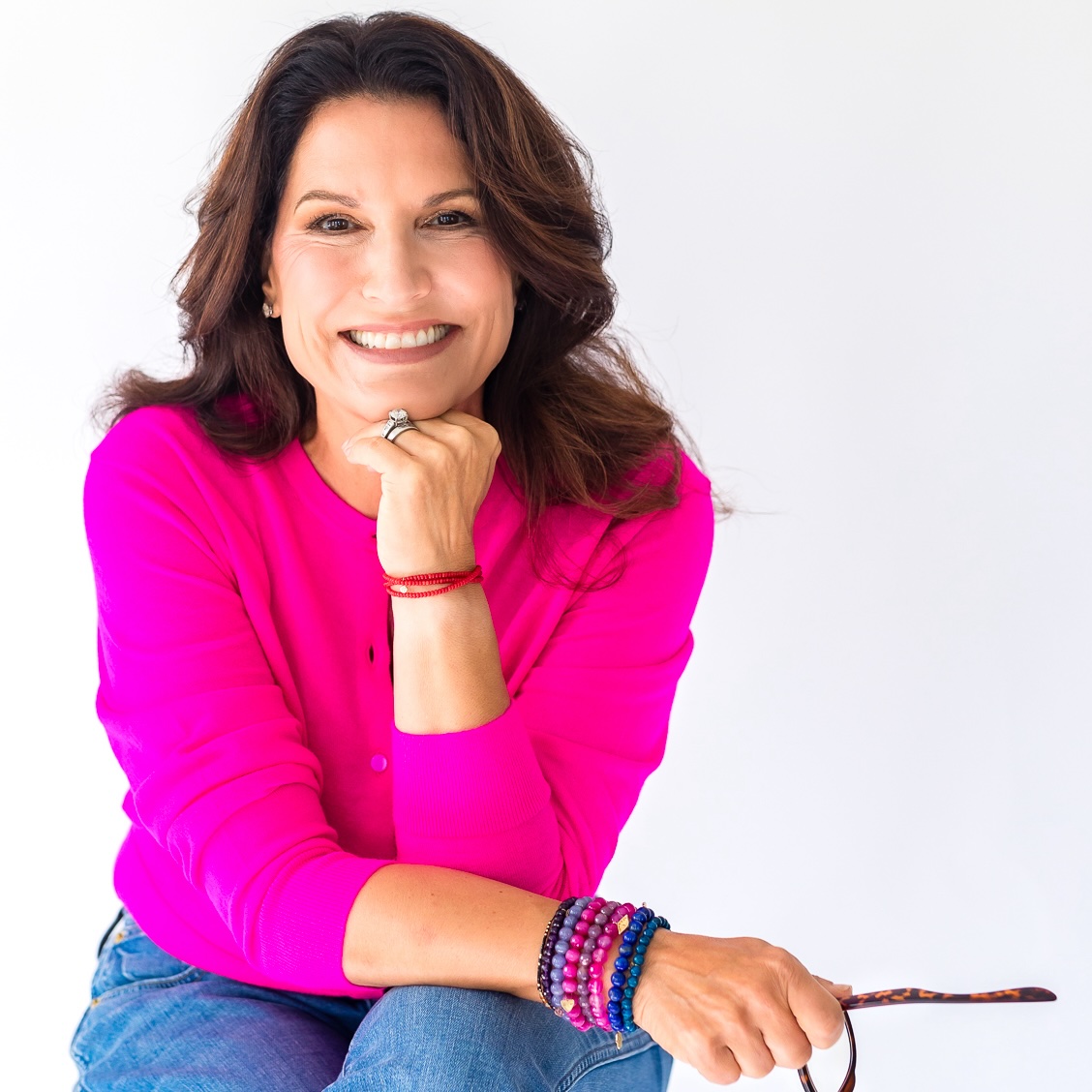The last six months’ experience within The Walking Book Club has gone beyond friendly chit-chat; it has been an educational journey that has changed me, increased my empathy, and made me reflect on motherhood’s role through history.
I am grateful and curious about the message it is sending to move beyond literature into real life.
The journey began in May with Jeanine Cummins, who inspired me to start the Heart and Soul book chat to open dialogue on uncomfortable topics. Moving beyond the controversy, the sentiment that still resonates and is an underlying American Dirt theme — what would you do to save your child?
It was a theme that came through loud and clear when we had the opportunity to meet with her on Zoom.
We discussed how books allow us to walk in someone else’s shoes, even if it’s only one step, even if it’s only on paper. I am grateful for this conversation.
I am also grateful for Lisa Wingate’s story, The Book of Lost Friends, an artful work of historical fiction based on the actual “Lost Friends” advertisements. The ads appeared in newspapers around the country during the reconstruction era as an effort to reconnect lost family members who had been ripped apart as part of the dehumanizing business of chattel slavery.
Lisa shared that writing Hannie’s story was the most difficult, as it was the cruelest. Through Hannie’s narrative, we experience the unfathomable pain of being torn from her mother and siblings as they were separated and sold off.
If you allow yourself to read beyond the words, the tenacity and determination to reconnect with family are emotional.
The journey continued with Ashley Rogers, executive director of The Whitney Plantation, who joined us on our second Heart and Soul book chat. She spoke about young mothers’ lives on the plantation, sharing that women enslaved there often had their first children by the age of 14. Sadly, at the Whitney Plantation, children’s death rate was almost one per year, most under age five.
For a moment, imagine the pain of burying your children.
Caroline Randall Williams’ courageous opinion piece in The New York Times, “You Want a Confederate Monument? My Body Is a Confederate Monument,” was a part of our discussion with Ashley. In the oped, Williams writes, “I am the descendant of black women who were domestic servants and white men who raped their help.” The reality, once again, underscores the painful chapter and adds voice to the collective experience.
Most recently, I am grateful for Sadeqa Johnson’s book, The Yellow Wife, and our conversation about it. It is a masterful historical fiction piece inspired by her family’s visit to the Richmond Slave Trail.
When I spoke with Sadeqa recently, she shared how a Mary Lumpkins trail marker kept calling her psyche back. Sadeqa creates a narrative through the eyes of the fictional character, Pheby Delores Brown. Phelby finds herself the yellow wife to the notoriously cruel owner of the Devil’s Half Acre jail. Pheby may not have been real, but the Devil’s Half Acre jail and the cruelty experienced by thousands of black people being broken and beaten is not.
Through the narrative, we glimpse what life may have been like — the pain, the cruelty endured, and the sacrifices of mothers and children as slaves.
The beauty of books is the ability to experience life in another person’s shoes.
I am grateful to have stumbled upon a set of literary endeavors that, when taken together, have been a journey in history, not only words and facts but emotion, too, in a time of racial tension.
As a white woman reflecting on this aspect of history, my challenge is deeper contemplation of motherhood and to sit with truth that is painful, sad, and cruel. The bond of mother-child is a thread that transcends time and skin color.
And here we are in 2020. What has changed?
The questions of humanity in history are still relevant today:
- What would I do to save my children?
- How far would I go to connect with my family had they been taken away?
- How would I feel if I had to bury one child? Two children? Three?
- What would I feel if my great, great, great grandfather was a rapist?
- How would I protect my children in the cruelest of environments?
To this, I answer with a lump in my throat:
Anything,
And everything.
A sadness so deep it has no bottom.
Unshakable anger.
My very best and ask the universe for compassion for choices and protection.
With warmth,
Julie






